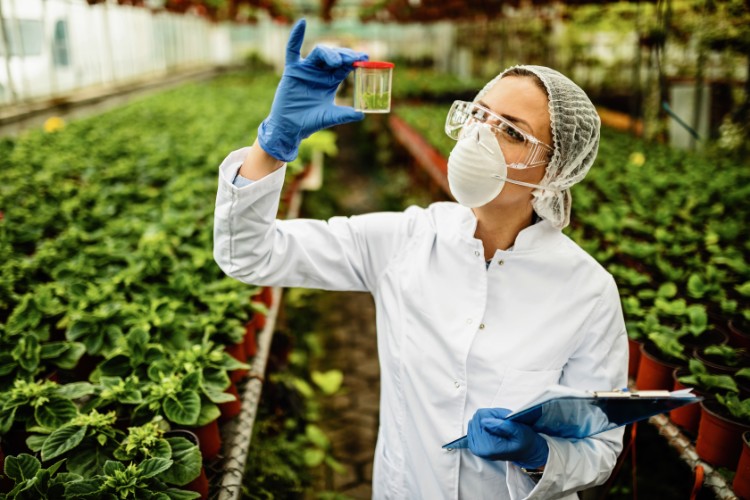Can Water Plants Really Remove Pesticides?
We’ve all asked it. Can pesticides be removed by water treatment plants? It’s not just curiosity—it’s a matter of life, health, and clean living. At Shandong Shine, we’ve made it our mission to safeguard water quality. As manufacturers of On-Site Sodium Hypochlorite Generators, we’ve dived deep into the science of water purification. What we’ve found might just surprise you.

Pesticides in Water: Why It’s a Growing Problem
Pesticides don’t just stay in fields. When it rains or when farms irrigate, these chemicals sneak into streams, rivers, and underground water sources.
Why that’s dangerous:
· They’re toxic to fish and aquatic life
· They threaten our drinking water supply
· Some break down slowly and persist for years
In China, we depend on water treatment plants to clean our water. But can pesticides be removed by water treatment plants completely? Let’s unpack that.
What Happens at a Typical Water Treatment Plant?
Most treatment plants focus on:
· Removing solids
· Killing bacteria
· Filtering impurities
Common methods include:
· Chlorination using gas chlorine or a hypochlorite solution
· Filtration through sand or membranes
· Reverse osmosis in advanced systems
The issue? Pesticides are stubborn. They're chemical compounds designed to resist breakdown. Some sail right through standard filters.
We’ve seen it firsthand. Even top-tier water treatment plants struggle to remove pesticides from water entirely without specialized processes.
How Our Tech Steps Up
That’s where we get excited. Our HOCl Generator and Sodium Hypochlorite Generator systems use only salt and electricity to create powerful disinfectants on-site.
Here’s how we do it:
1. Start with brine (saltwater)
2. Apply current through electrolytic cells
3. This creates hypochlorous acid and sodium hypochlorite
It’s chemistry with a purpose. And it works.
Our systems are used to:
· Disinfect municipal water supplies
· Boost water safety in agriculture
· Clean hospital and food industry surfaces
Not only do we produce sodium hypochlorite, but we also help plants reduce reliance on dangerous gas chlorine.
Can These Systems Help Remove Pesticides?
Straight talk? No water treatment removes every pesticide—but combining smart technologies makes a huge difference.
Here’s what works best together:
· Reverse osmosis: Blocks many pesticide molecules
· Activated carbon filters: Adsorbs organic compounds
· Our generators: Add powerful disinfection and oxidation
Sodium hypochlorite and hypochlorous acid don’t directly remove pesticides—but they can break down some pesticide residues, making them less harmful.
That means better safety, cleaner taste, and peace of mind.
The Unexpected Twist: It’s Not Just About Removal
We get hung up on elimination. But here’s a twist. What if we could stop pesticides from reaching the water in the first place?
That’s why we work with:
· Local farms to promote smart pesticide use
· Cities to upgrade systems using our On-Site Sodium Hypochlorite Generator
· Researchers to create better combined systems
We believe in a future where water treatment isn’t just reactive—it’s proactive.
Our Honest Take
We can’t lie—pesticide removal is complex. But with the right tools, strategies, and partners, we get closer to safe, sustainable water every day.
And trust us—we’ve seen how one hypochlorite generation system can change everything for a small town, a greenhouse, or even a rural village.
So if you’re asking Can pesticides be removed by water treatment plants? The answer is: yes, but not alone. It takes innovation. It takes commitment. And it might take a little help from systems like ours.
What We Recommend:
✅ Use reverse osmosis if your area faces heavy pesticide use
✅ Combine activated carbon filters with disinfection systems
✅ Choose on-site disinfection over stored chlorine gas
✅ Keep testing your water sources
✅ Educate local users about safe pesticide practices
Why We Care
We live this work. We don’t just sell machines—we help protect the world’s most vital resource. Clean water isn’t a luxury. It’s a right. And if a few electrolytic cells, some salt, and smart engineering can help, we’re all in.
Water disinfection with purpose—that’s our passion.
Let’s clear the water together.
